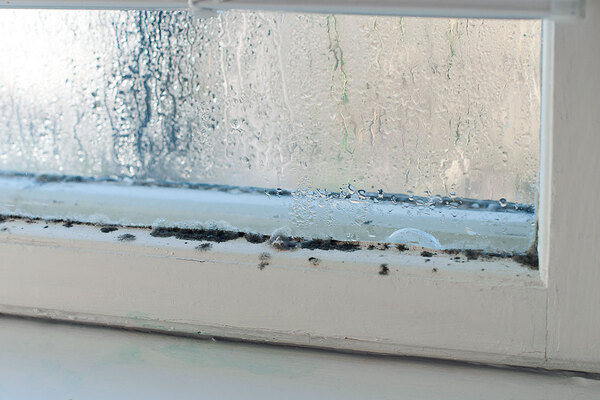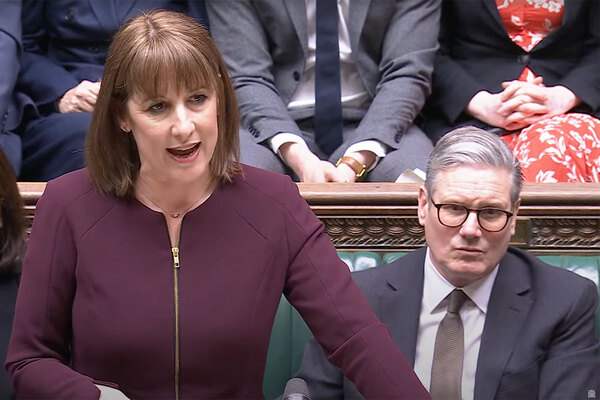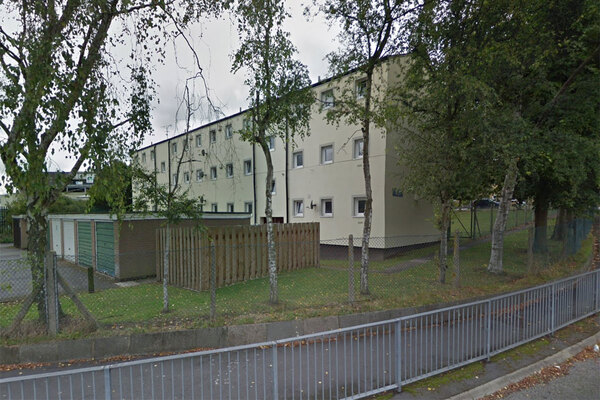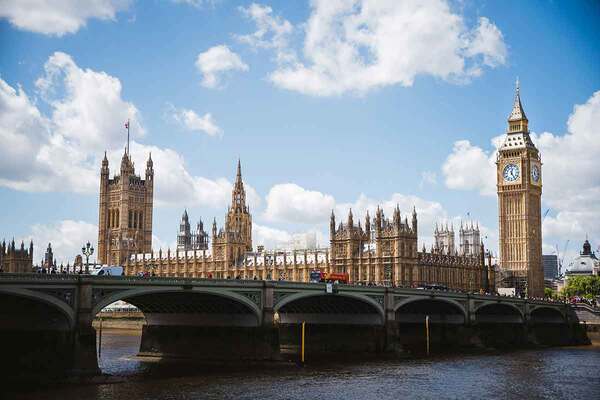‘Awaab’s Law’ must be extended to cover private rented sector, urges charity
The private rented sector (PRS) should be covered by the same strict new standards on damp and mould being introduced for social housing landlords under ‘Awaab’s Law’, a charity has said.
Citizens Advice made the plea after it published new research showing 1.6 million children live in privately rented homes that have damp or mould or are excessively cold.
The government this month confirmed plans to bring in Awaab’s Law, as part of its Social Housing (Regulation) Bill, in memory of two-year-old Awaab Ishak who died in 2020 after prolonged exposure to mould.
As part of the legislation, social landlords will need to investigate and fix health hazards, including damp and mould, within strict new time limits. Timeframes of 14 days for a landlord to investigate a problem and seven days to make repairs are being discussed, but the plans are subject to consultation.
In a new 14-page report, Damp, cold and full of mould, Citizens Advice said Awaab’s Law should be extended to PRS homes to ensure “no households have to live in damp, mouldy and dangerous homes”.
The charity said ministers must also make good on proposals to ensure all new PRS tenancies have an Energy Performance Certificate (EPC) rating of at least Band C from 2026, while all existing tenancies should meet that standard by the start of 2029.
Private landlords are currently only required to have properties at EPC Band E.
Citizens Advice said the government should also follow its own recommendation to raise the cap on landlord investment to £10,000. Currently, private landlords do not have to make improvements that will cost them more than £3,500.
The charity’s research found that private tenants are 73% more likely to live with damp if they live in a property with an EPC rating of D-G, rather than A-C.
The average private sector tenant in England spends £350 more a year on heating because of poorly insulated and damp homes, while those in the least efficient properties are paying an extra £950, according to Citizens Advice.
Gillian Cooper, head of energy policy at Citizens Advice, said: “Every week we hear stories of people living in cold, damp and mouldy properties they can’t afford to heat properly.
“Improving energy efficiency in privately rented homes has never been more urgent. It’s the step needed to keep people’s essential bills low, while also helping to protect their mental and physical health.”
A Department for Levelling Up, Housing and Communities spokesperson said: "These conditions are unacceptable. That is why we are introducing a Decent Homes Standard for the private rented sector for the first time ever which will make sure tenants have a safe and decent place to live.
“Awaab’s Law will force social landlords to fix their homes within strict new time limits and help to ensure that these homes are safe, decent and warm. We continue to consider all options to level up the quality of rented homes across the country.”
Sign up for our asset management newsletter
Already have an account? Click here to manage your newsletters












